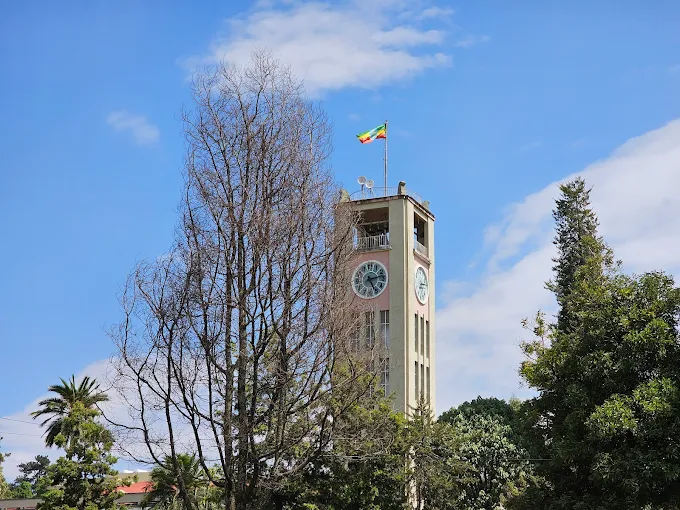The Ethiopian Parliament approved the Asset Recovery Proclamation No. 1364/2025 on January 9, 2025, and it entered into force upon its publication in the Negarit Gazeta on May 2, 2025. This legislation was introduced to fill a long-standing legal gap in addressing the recovery of assets obtained through unlawful means or whose origins cannot be justified.
Before its enactment, the Ethiopian legal framework lacked comprehensive provisions for civil-based asset recovery and the tracing of illicit wealth, making it difficult to address unexplained accumulation of property and financial assets. The proclamation is designed to combat corruption, economic crimes, and illicit financial flows, while strengthening Ethiopia’s economic integrity, particularly in tax administration, foreign exchange management, and investor confidence.
This proclamation represents a landmark reform in Ethiopia’s fight against illicit enrichment and economic crime, aligning the nation with international best practices.
Key Provisions of the Proclamation
The proclamation begins by clearly defining “asset” in broad terms to include movable and immovable property, tangible and intangible resources, bank accounts, bonds, shares, virtual assets such as cryptocurrencies, and any income derived from them. “Asset recovery” is defined as the complete process of identifying, tracing, freezing, seizing, managing, and ultimately confiscating property obtained through criminal activity or unexplained means.
The scope of the law extends to both natural and legal persons under Ethiopian jurisdiction. While certain categories—such as government institutions, religious organizations, and international bodies may be exempt from its application, the law’s reach is otherwise extensive. One of its most notable features is its retroactive application to unexplained assets acquired up to ten years prior to its enactment, provided that the asset’s total value exceeds ten million birr.
Investigative Powers and Asset Control
The investigative powers granted under the proclamation are significant. Investigations may be initiated upon credible information from various sources. The individual in question is required to explain the lawful origin of their assets, and failure to do so can lead to an assumption of unlawful acquisition.
- General Techniques: Reviewing financial statements, property records, and business licenses.
- Special Techniques: Bank monitoring, interception of communications, and digital surveillance (require court authorization).
In terms of asset control, the proclamation authorizes freezing orders and allows for both conviction-based and non-conviction-based confiscation, shifting the burden to the asset holder to demonstrate a legitimate source of wealth using a civil standard of proof.
Implications and Potential Risks
The enactment of the Asset Recovery Proclamation carries significant implications for individuals, businesses, and financial institutions. For individuals and companies, it introduces a heightened duty to maintain clear records of asset acquisition. Businesses may face increased scrutiny, and financial institutions will need to adapt their compliance frameworks.
Despite its potential benefits, the proclamation has attracted criticism. Its retroactive nature and the lower civil standard of proof have led to debates over the protection of property rights and the risk of politically motivated misuse. Practical challenges in ensuring fair application and the potential to undermine investor confidence are also valid concerns.
Conclusion and Way Forward
Proclamation No. 1364/2025 is a critical step for Ethiopia. Its success will depend on the capacity of enforcement institutions, judicial oversight, and the government’s ability to balance robust enforcement with protecting legitimate property rights. Clear procedural safeguards and transparency will be vital to ensure the law fulfills its purpose without stifling lawful enterprise.



